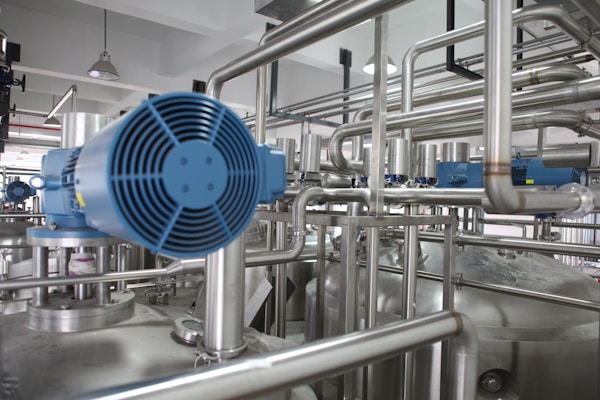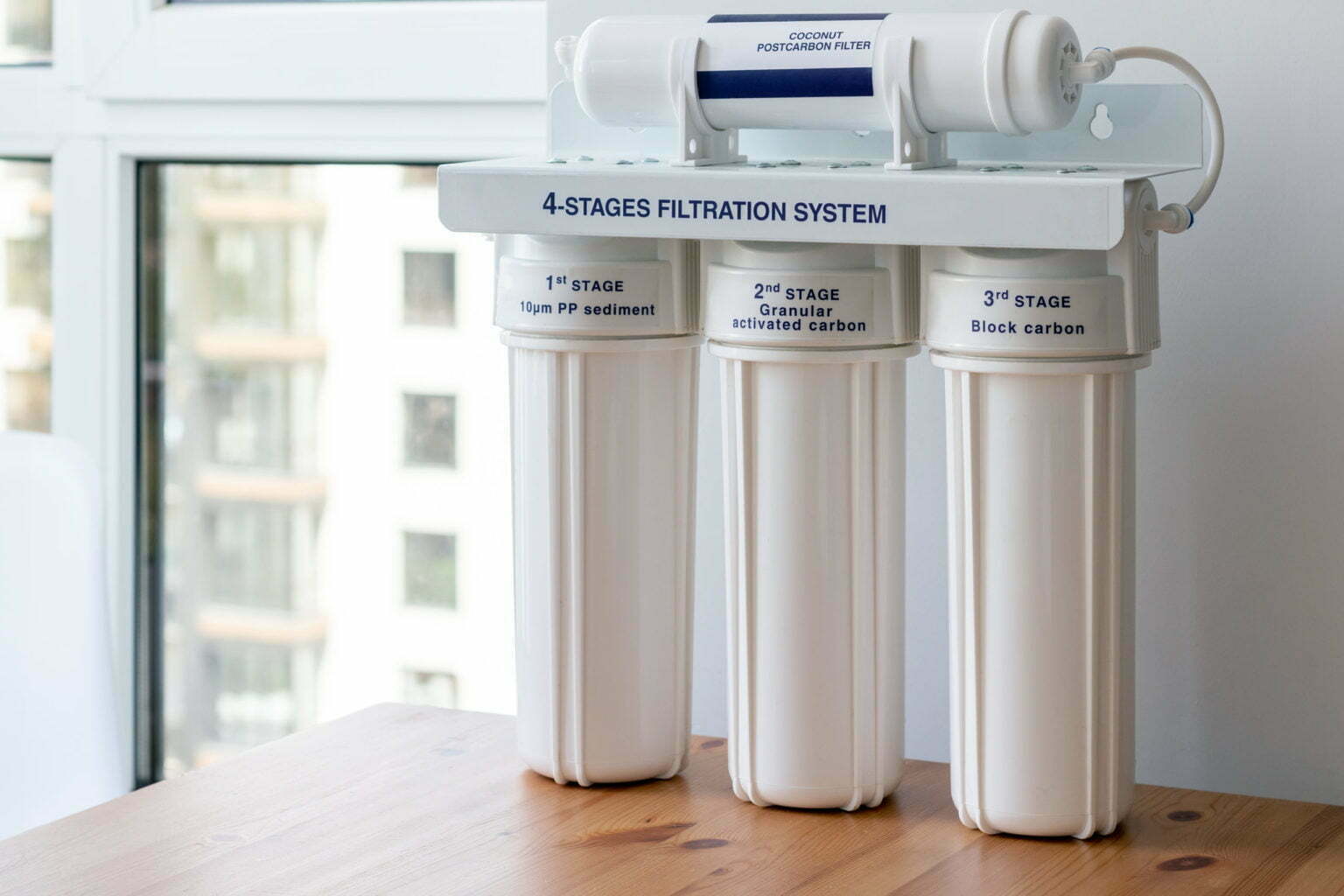Water filtration systems are designed to remove pollutants from water to make it safe for drinking and other uses. They are used in various industries, including home and industrial settings. Water filtration systems work by using filtering materials to trap and remove harmful substances from the water. This can include particles, bacteria, chemicals, and other contaminants. The filtering materials can range from simple activated carbon filters to more complex reverse osmosis systems, but the type of filter used will depend on the specific contaminants that need to be removed. Keep reading to learn more.
What is the use of reverse osmosis filtration in industrial applications?

Industrial reverse osmosis systems are water treatment systems that use a particular type of membrane to remove chemicals and other contaminants from water. Reverse osmosis systems produce clean water for various purposes, including drinking water, process water, and water for cooling systems.
Systems for industrial reverse osmosis can be configured in various ways to fit the customer’s specific needs. Some systems include multiple membrane stages to achieve higher purity levels, while others include pretreatment units that remove particulates and organic matter from the feedwater supply. Additionally, industrial systems can be equipped with automated controls to monitor and adjust key process parameters such as pressure and flow rate.
Industrial reverse osmosis systems typically consist of three components: a pretreatment system, a reverse osmosis system, and a post-treatment system. The pretreatment system filters out large particles and debris from the water, while the reverse osmosis system removes contaminants by passing them through a special membrane. The post-treatment system cleans and disinfects the water to make it safe for drinking. Reverse osmosis systems can be installed as standalone or as part of a more extensive water treatment system. They are often used with other water treatment technologies, such as water softeners and deionization systems.
Industrial systems are typically used to filter large quantities of water for businesses, municipalities, and other industrial and manufacturing organizations. These systems use high-pressure pumps to push water through a semipermeable membrane, which separates pure water from salts and other impurities. The purified water is collected in a storage tank or diverted into another pipeline.
What are the different types of water filtration systems used in pools?

The primary focus of a pool builder is on the construction and installation of swimming pools. They may specialize in concrete, vinyl liner, or fiberglass pools. Regardless of specialization, pool builders must have a comprehensive understanding of the components and systems that make up a pool and the skills to install them properly, including the right water filter for the system.
Water filtration plays a vital role in pools by removing contaminants from the water. This helps to keep the water clear and free of debris while reducing the amount of chlorine or other chemicals needed to keep the pool clean. In addition, water filters can help to reduce the number of bacteria and other organisms in the water, which can help to reduce the risk of infection. Here are some of the most popular pool filters used:
- Cartridge filters are one of the most popular pool filters used by pool builders. They are designed to remove debris of all sizes, and they also remove algae and bacteria. Cartridge filters are easy to use and clean, and they are relatively affordable.
- Sand filters are another popular type of pool filter used by pool builders. They are designed to remove large debris, such as leaves and twigs, and smaller particles, such as algae and bacteria. Sand filters are also designed to remove particles as small as 2 microns.
- Diatomaceous earth (DE) filters are designed to remove small particles, such as algae and bacteria. DE filters are also designed to remove particles as small as 2 microns.
A pool builder can help you choose the right pool filter for your needs to help keep your pool clean and healthy.
Water filtration systems provide clean and safe water to homes and businesses. They ensure that pollutants, contaminants, and impurities are removed from the water, creating a safe and healthy experience. Additionally, water filtration systems can help reduce energy costs and provide a better-tasting water supply.




